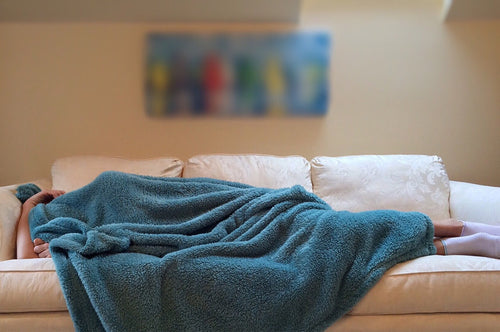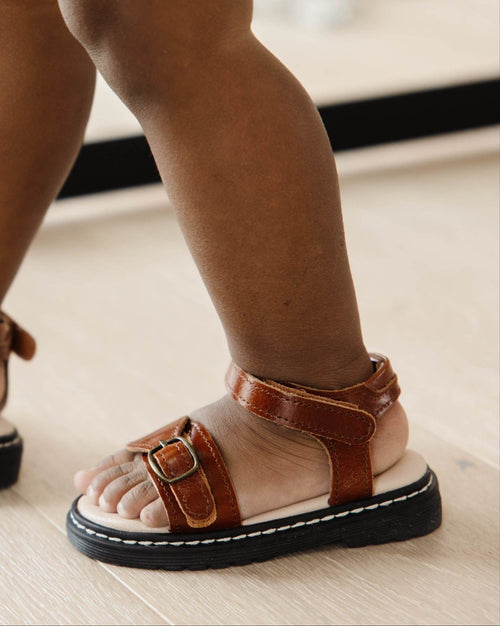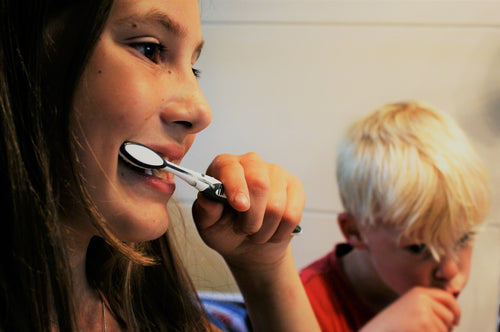As a new mom, it can be hard to find time for sleep. With all the new responsibilities and changes that come with parenting, getting enough rest is crucial to stay healthy and happy. Not only does sleep deprivation affect your health, but it also impacts how you relate to your baby and care for them.
Below we will discuss the importance of getting enough sleep as a parent, how to help your baby get quality rest, when you should ask for help if needed, and offer some parenting tips to encourage healthy sleep habits in children.
The Importance of Getting Enough Sleep as a Parent
Having adequate rest is essential for being a successful parent or caregiver. Without quality sleep, making wise decisions and giving your baby the right care becomes more than a little challenging!
A lack of sleep can also lead to:
- A weakened immune system – you’re more at risk of getting sick often.
- Increased risk of developing long-term illnesses – diabetes, high blood pressure, and heart disease.
- Changes in metabolism and appetite cues – weight gain or loss
Sleep deprivation also increases stress levels in new parents and can affect their co parenting relationship. It makes sense; if you are both overtired, you’re more likely to be cranky and grumpy with each other, which isn’t conducive for effective co parenting strategies!
The Importance of Sleep for Babies
Just like adults, babies need quality rest to grow and develop properly. Poor sleeping patterns can cause various health issues and even affect healthy brain development in newborns.
According to research, the appropriate amount of sleep for newborns is 14 to 17 hours per day. So why are you so tired again? Because babies have a habit of not conforming to what research suggests!
While most babies sleep through the night at around 6-8 months old, this varies depending on the child.
8 Tips to Help New Moms Get Enough Rest
- Take naps when possible - Even if it’s just a 10-minute power nap, make the most of your baby’s naptime.
- Ask for help - Don’t be afraid to ask family and friends for assistance with childcare or housework so you can catch up on rest.
- Avoid multitasking - Focus on one task at a time rather than trying to do too much simultaneously; this will only leave you feeling frazzled and more exhausted. Even though that mountain of washing, kids shoes, and toys will still be there when you wake up, at least after a good snooze, you’ll feel ready to tackle it.
- Exercise regularly - Regular physical activity will help reduce stress and improve sleep quality.
- Cut out caffeine - Limit caffeine intake as it can interfere with your ability to get enough restful sleep.
- Establish healthy sleep habits - Teach your baby healthy sleep habits from an early age; for example, implement a consistent bedtime routine.
- Put your phone away - Avoid using electronic devices before bed, as the light emitted from them can negatively impact your sleep quality.
- Make time for yourself - Take some time every day to do something you enjoy, like listening to music, soaking in a bubble bath, or speaking to friends. This will help clear your head, reduce stress levels, and thus improve your snooze time. Remember self care is important.
5 Parenting Tips to Encourage Healthy Sleep Habits in Babies
- Establish a regular bedtime routine - Set a consistent bedtime routine early on to help your baby recognize when it’s time for sleep.
- Avoid overtiring – Be alert for signs of tiredness, such as yawning or rubbing their eyes, irritability, and crying. Get into the habit of putting them down for a regular nap before they become overtired.
- Make the bedroom conducive to sleep - Try to keep the bedroom quiet and dark while they sleep, and set the temperature at a comfortable level.
- Monitor their diet (older kids) – Pay attention to what they eat and drink throughout the day, as diet can impact sleeping patterns.
5. Swaddle - Swaddling your baby can help them feel secure and comfortable, which may encourage better sleep.
When to Ask for Help If Your Baby Is Not Sleeping
If you’ve tried everything and your baby still has difficulty sleeping, consulting a professional is a good idea. Speak with your doctor or a paediatrician about the issue to see if any underlying medical issues may be causing the problem. You may also want to consider working with a certified sleep consultant who specializes in helping parents get their children on a healthier sleep schedule.
The Final Zzz
Parenting is tough, especially when raising an infant who seems bent on avoiding lullaby land! However, with the right parenting tips and strategies combined with the support of family and friends, you can help your little bundle of joy develop healthy sleep habits from an early age. May the snooze be with you!
Image by WOKANDAPIX from Pixabay

















